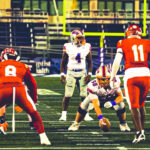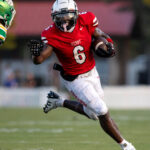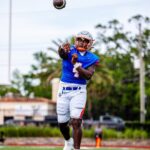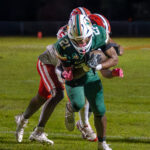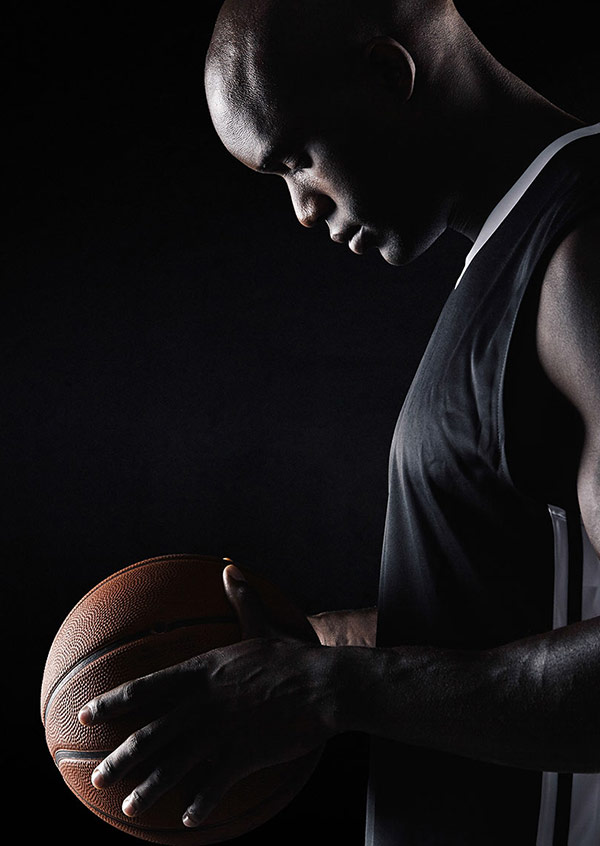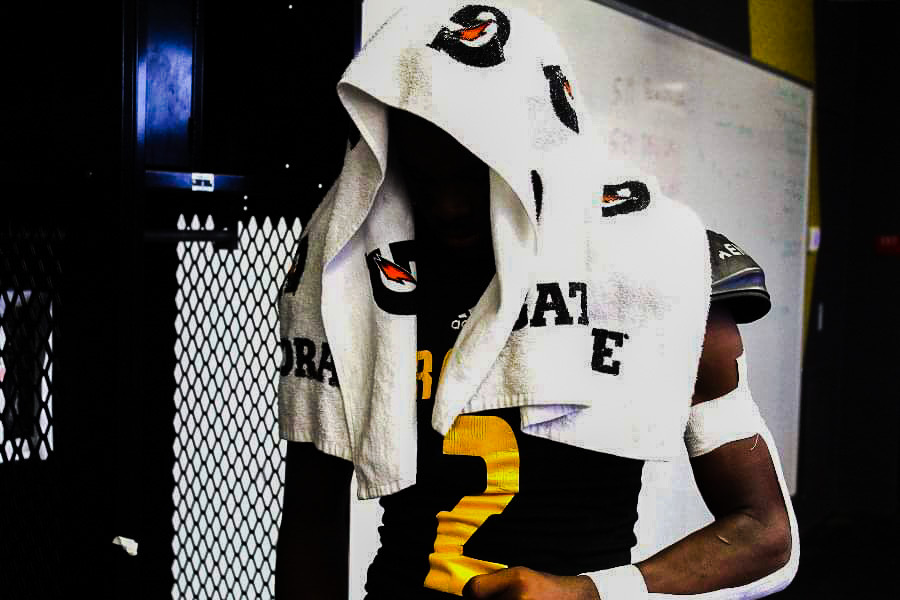
With the end of the regular seasons for football and volleyball, many athletes have come to the realization that they are at the end of their fall playing careers. Other sports like basketball and soccer have begun, yet with it comes the rigorous demands of sports with more games played. As a result, you may notice that your mood and the mood of others may shift a bit. For this reason, it’s imperative that athletes and coaches are attune and aware of the signs of mental health struggles to ensure athletes are getting the support they need in these sudden shifts of sport.
Given student athletes are required to produce wins, a patterned demand that results in long days, exhaustion, the pressure of competition, possible injury, and the requirement to balance sport with other important activities such as school (McDuff, 2012). These stressors can impact emotional well-being and health behaviors of athletes (Fogaca, 2021). In fact, according to the NCAA (2021), 24% of male and 36% of female athletes “felt so depressed that it was difficult to function” when surveying athletes regarding their mental health. Although the specific concerns vary from athlete to athlete, common mental health concerns among athletes include:
- Anxiety: This is an emotion that is characterized by feelings and expression of thoughts of worry, tension, and physiological changes like increased heart rate and blood pressure.
- Depression: Depression is more than just feeling down, it is a disorder of the brain that is experienced for days and weeks at a time. In this way, depression is a pervasive feeling of sadness and a loss of interest in previously enjoyable activities.
- Low self-esteem: This is marked with a lack of confidence in self and one’s own abilities. Low esteem in self can be displayed via an increase of self-criticism, a minimization of positive qualities, and may use negative self-talk.
The pressure of an upcoming game can produce anxiety. A football season is 10-15 games, while basketball volleyball seasons are 25-30 games. More games presents more opportunities for anxiety to exist before every game. On the contrary, the end of the football season may present more opportunities for depression because of the lack of more games. Within the game, there are limited plays given to players meaning one drop, one fumble, one missed tackle, or one missed kick, could seemingly be the difference in wins and losses to players. This also may cause depression.
Most athletes play the game in hopes of getting an opportunity to see the field or the court. If a player doesn’t get significant playing time, or doesn’t start, this could cause low self esteem within the athlete. Furthermore, most athletes hope to play at the next level. Whether you are a high school student looking to play in college, or a college student looking to turn pro, seeing others around you receive collegiate offers, or combine invites can cause low self-esteem if you are not on the receiving end of them.
With these common mental health concerns in mind, it is important that as a community and within your team that we are aware of common signs and symptoms that teammates and friends may be in need of additional mental health support. Below you’ll notice a non-exhaustive list of signs and symptoms that someone you know is experiencing some distress with their mental health.
Mental Health Concern Signs and Symptoms:
- Low or sad moods, especially with crying episodes
- Frequent irritability or anger
- Feelings of worthlessness, helplessness and hopelessness
- Eating and sleeping disturbances (drastic increases or decreases)
- Decreases in concentration, interest, and motivation.
- Social withdrawal or avoidance
- Increase in negative thinking
- Thoughts and/or discussions of death or suicide
- Excessive worry or fear
- Feelings of a pounding heart, sweating, shaking
- Feelings of being out of control
- Substance misuse
- A decrease in energy and activity levels with feelings of fatigue or tiredness that cannot be explained through other means
Remember that if you notice some of these signs and symptoms within yourself, please do not hesitate to reach out to your parents, coaches, and/or a mental health provider. If you notice that a friend or teammate is displaying some of the listed symptoms and you want to initiate a conversation about their mental health, consider some of the prompts provided on Seize the Awkward and direct them to their parents, coaches, and/or a mental health provider. Learning how to identify signs and symptoms of mental health concerns can help significantly to break the stigma surrounding mental health in the athletic community along with ensuring athletes access the help they need to maintain their mental health.
Student Mental Health Resources
- Contact your Students School Counselor and Request a Meeting for MH Services
- Help Initiating a Conversation about Mental Health: Visit Seize the Awkward
- Hazel Health Mental Health Service – Free for DCPS Students
- Jacksonville, FL Sports Performance Therapists | Psychology Today Profiles
- BeyondME Counseling and Consulting: Book an appointment today
References
Fogaca, J., Cupit, I., & Gonzalez, M. (2021). Teeming With Grief: Sports Teams’ Need for Resources and Support During Bereavement. Journal of Clinical Sport Psychology, 17(2), 148-164.
Golden, J. (2023, May 2). Pro Sports Unions Unite to discuss importance of mental health. CNBC. https://www.cnbc.com/2023/05/01/pro-sports-unions-unite-to-discuss-importance-of-mental-health.html
McDuff, D. R. (2012). Sports psychiatry: strategies for life balance and peak performance. American Psychiatric Pub.
Weber, S. R., Winkelmann, Z. K., Monsma, E. V., Arent, S. M., & Torres-McGehee, T. M. (2023). An Examination of Depression, Anxiety, and Self-Esteem in Collegiate Student-Athletes. International journal of environmental research and public health, 20(2), 1211. https://doi.org/10.3390/ijerph20021211





